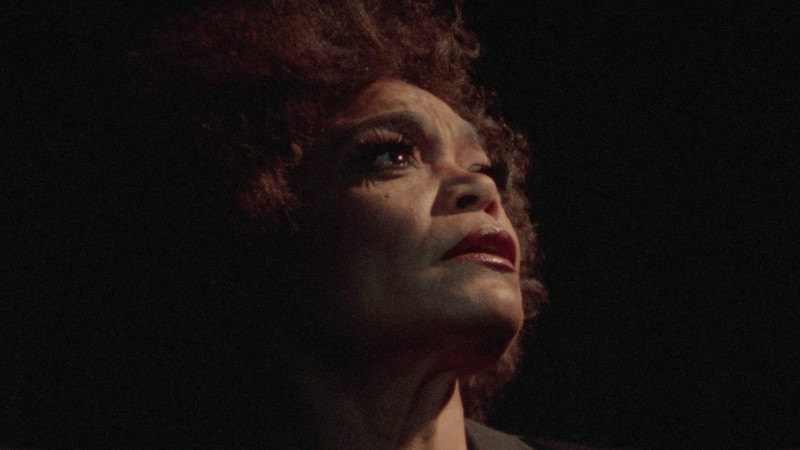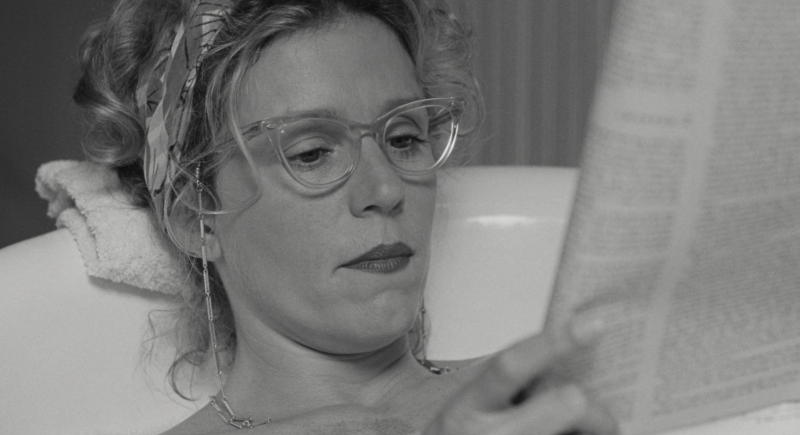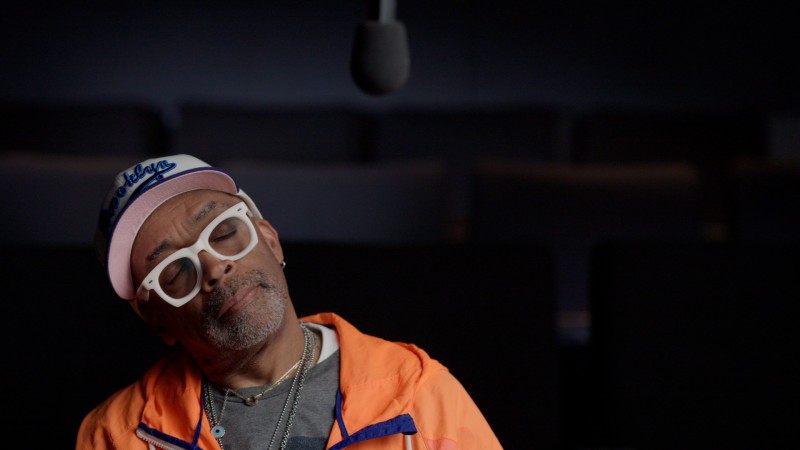Wajda, Man of Courage and Vigor

September 2013: Andrzej Wajda, an august eighty-seven years of age, sits calmly in an armchair overlooking the Venetian Lagoon, shielded by a curtain from a bevy of partygoers. Beside him lies an elegant cane; in his lapel is the red rosette of the Légion d’honneur. This is an hour or so before the world premiere of Wa lesa. Man of Hope, his thirty-sixth theatrical feature film. I ask him what prompted him to make it, and he says with a laugh, “I think the boy deserves a film!” After all, Lech Walesa at seventy is, one feels, a mere stripling in the eyes of this Polish maestro. When he later goes onstage to accept a lifetime achievement award from Venice festival director Alberto Barbera, Wajda reminds us that Ashes and Diamonds won two prizes at the Mostra “fifty-five years ago this month.” Indeed, Wajda has marked each of the past seven decades with at least one major film.
As Wa lesa starts to unfurl, my mind flits back to September 1979, when, at the Gdansk Festival of Polish Feature Films, I interviewed Wajda in a hotel room overlooking the sea. It was just a few hundred meters from the Lenin Shipyard, where, less than a year later, Walesa would be elected chairman of the Solidarity movement, which eventually toppled the Soviet-backed regime in Poland. As he entered the room, Wajda radiated an almost electrical charge of energy. He had made three films in the previous twenty months, was heading one of the most prestigious state-supported production bodies, Unit X, and was dashing from one meeting to another in his capacity as chairman of the Polish Filmmakers Association.
When seeing friends, he would throw back his head and laugh as robustly as a teenager. But what I also noted was his capacity to preface each response to my questions with a thoughtful, abstract comment that set the concrete facts of his answer in a philosophical context. When, for example, I queried the end of his majestic Man of Marble (1977), he leaned forward and said: “The fact that the bricklayer, Birkut, loses physically doesn’t mean that his ideas are destroyed. He must die, because death at the end is vital both to Greek drama and to Communist propaganda.” He added that the irony, and the dynamic photography, of the film sprang from his working alongside young people such as Agnieszka Holland and Krystyna Janda.
When Holland came in to collect Wajda for his next engagement, I told them I had witnessed an enthusiastic reception for Ashes and Diamonds at Hunter College in New York a few months earlier. Wajda gave vent to a bray of delight: “God!” he exclaimed. “How talented we were in those days!”
I next sat down with Wajda in Warsaw in 2002, when I talked to him for my book Revolution! The Explosion of World Cinema in the Sixties. He remembered meeting the actor who plays the unforgettable hero/victim of Ashes and Diamonds, Zbigniew Cybulski, in Krakow, where students interested in the arts used to gather for summer camp. He could still feel his vivid sense of loss on hearing, in a late-night call from Roman Polanski, that Cybulski had been killed, carelessly slipping on the steps of a fast-moving train. Everything for Sale (1969)—a kind of Polish 8½, showing the director coming to terms with the death of his leading man—became Wajda’s elegy for Cybulski’s brilliant career. As an enlightening aside, Wajda told me that when Cybulski sniffed the blood on his hands at the close of Ashes and Diamonds, he did so “with a strange, reflexive movement. This gesture transports us from the world of symbols into reality, where biology, with its unpredictable reactions, rules.”
In 2006, the Berlin Film Festival asked me to deliver the speech in honor of Wajda when he accepted an honorary Golden Bear. In the quarter century since our first meeting, Wajda had served in the Polish Senate, made around fifteen movies, and been awarded an Oscar for lifetime achievement. Afterward, at a dinner with his wife and a few friends at the Paris Bar on Kantstrasse, he spoke about his next project, which would pay homage to his father, who had been murdered by Soviet troops in the 1940 massacre at Katyn. Wajda would be over eighty when Katyn (2007) was nominated for the Academy Award for best foreign film.
And so back to Venice, where Wa lesa. Man of Hope astonishes even hardened critics with its exhilarating vigor. Wajda seems by some mysterious alchemy to have retained the youthful energy, the political finesse, and the flair for pacing a story that works like Danton and Man of Iron demonstrated so vividly.
It is after midnight, but as the credits roll, Wajda joins Walesa in the balcony to acknowledge the cheers of the audience. Finally, as the applause goes on and on, Wajda and Walesa spontaneously raise their arms and link hands, in a gesture not just of solidarity but also in defiance of the encroaching years.
This is one in a series of pieces devoted to film figures Cowie has gotten to know in the course of his career. Read his introduction to the series here.







